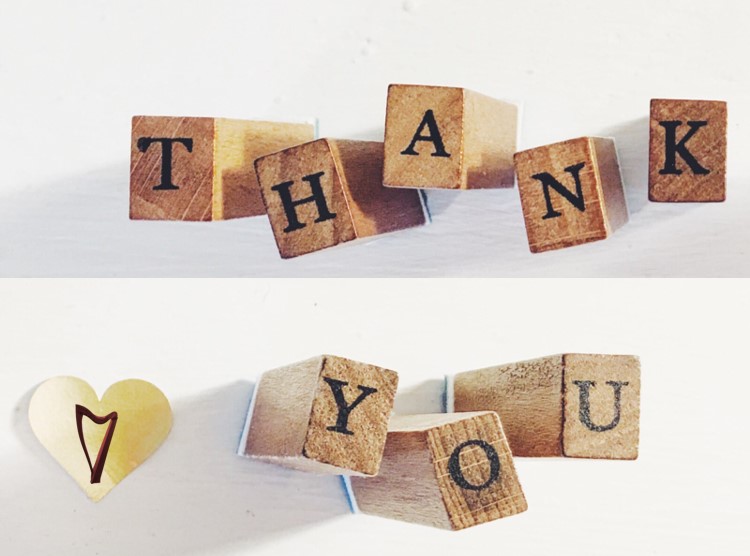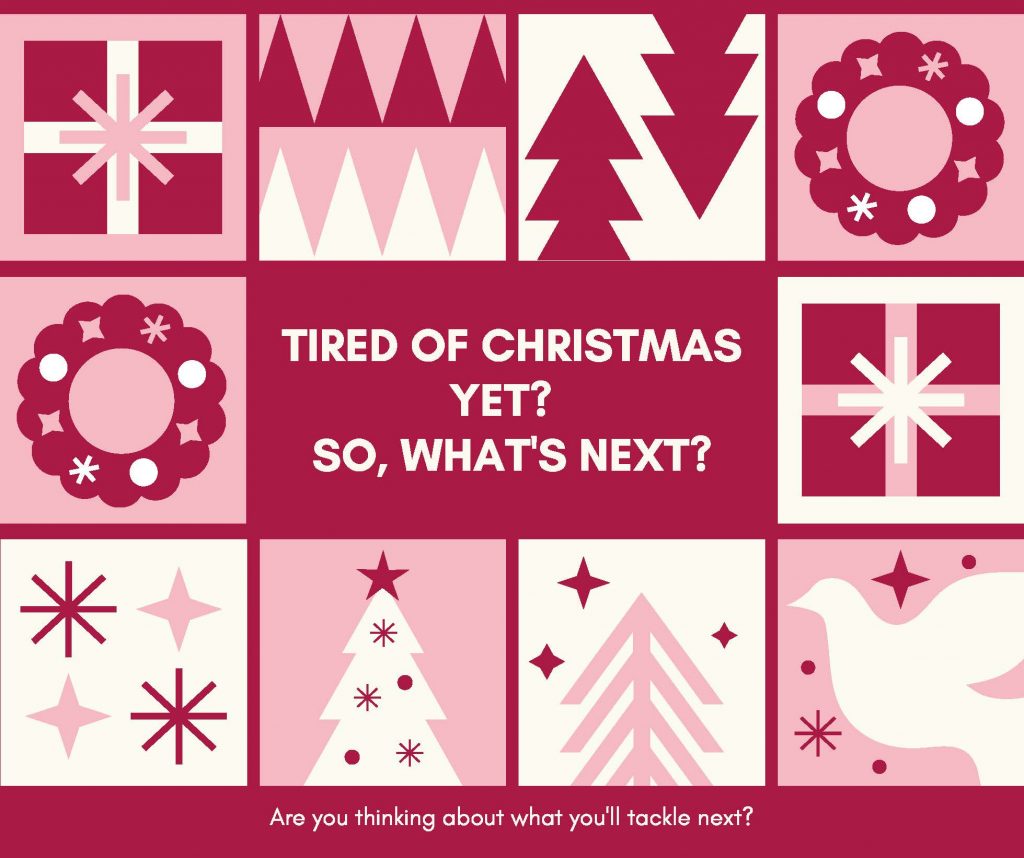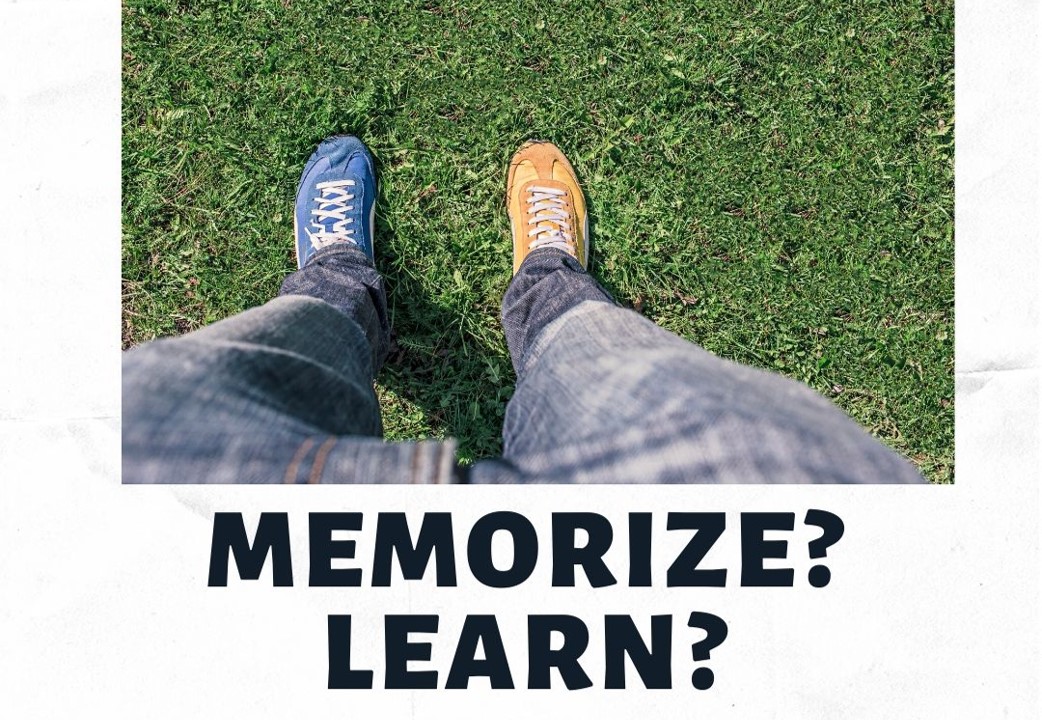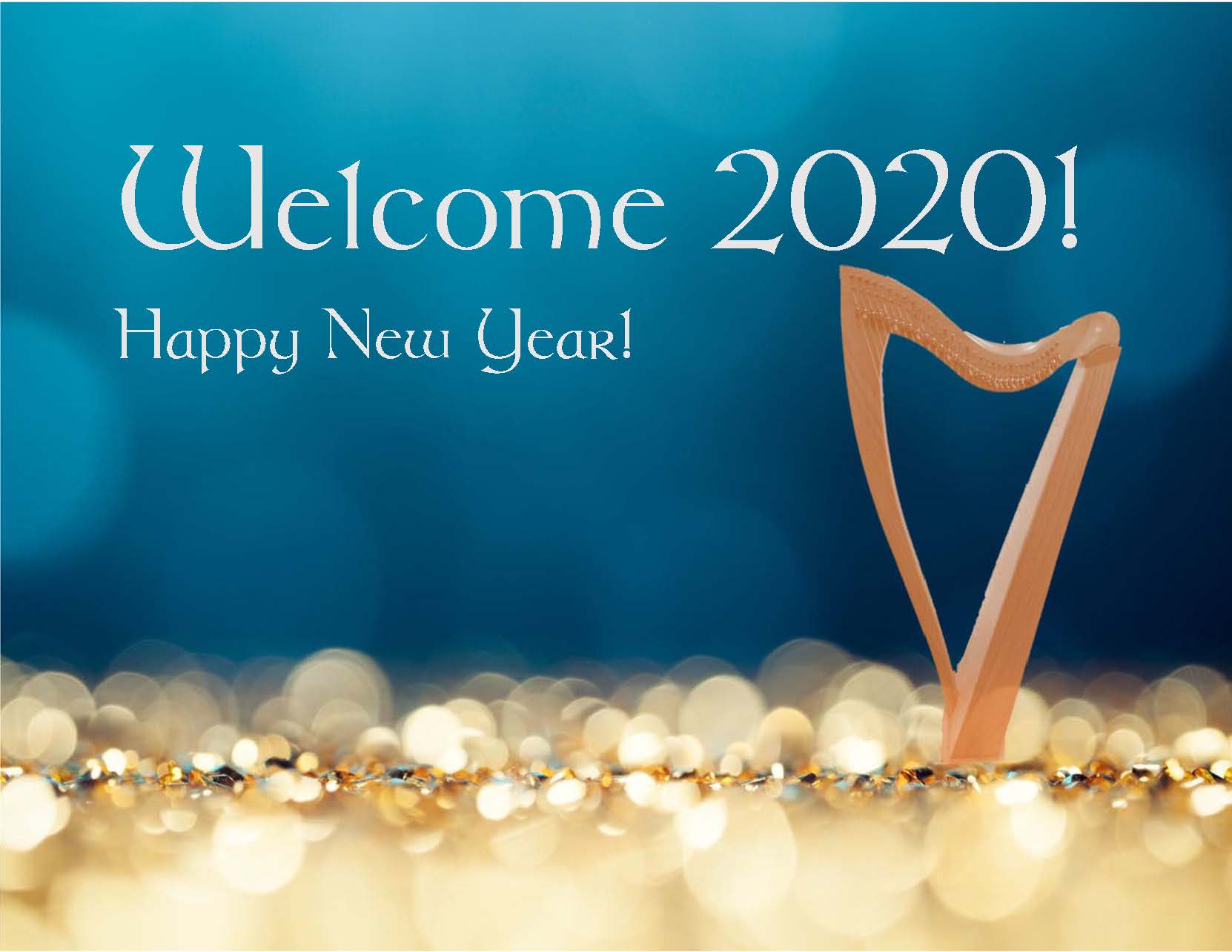Hope you greet De Day Dawn and the New Year with excitement and anticipation! And a slew of new stuff you’d like to do with your harp in 2020!
Month: December 2019
-
Send a thank you note
As the year begins to draw to a close, you might want to take a moment to think about the reality that none of us makes music in a vacuum. And maybe take a moment to thank your fan club.
Don’t think you have a fan club? You probably do. You may not know it. Heck, they may not know they are your fan club. But they are.
Who are they? All those people who support you as you develop and grow as a musician. They include your family and friends. Maybe your teacher, if you’re working with one. Your friends who come to hear you play, even when your performance repertoire only includes Twinkle Twinkle Little Star, Frere Jacques, and Long, Long Ago.
 And hopefully your fan club includes – you!
And hopefully your fan club includes – you!So, for an end of year activity, you should write a thank you note for all the members of your fan club. It doesn’t need to be overly complex, but it does need to be heartfelt. Make sure to include:
Open with their name – whatever you call that person.
Be open with your thanks and express your appreciation for their support. Be specific. Did that person unfailingly make you tea after you practiced each day? Did they tell you how good you sounded? Did they pay for your lessons? Did they teach you your lessons? State what you are grateful for. A generic “thanks for helping me get there” is nice, but specifics will help share your deep appreciation of their efforts.
End by telling them how much their ongoing support means to you and your harp playing. Don’t skimp!
Sign off – maybe with a flourish! It is not possible to over-thank someone for their help in getting you where you are. And if you can’t say it at Christmas, when can you.
Thank you for being part of my fan club. I cannot express how much I value your comments and emails. Or how grateful I am that you are so willing to share with me. Knowing you’re there, reading, makes it so much easier for me to write to you. And I do picture you in my mind when I’m planning, drafting, and finalizing each post. If it weren’t for you and your continued support, I’d have packed it in a long time ago. I’m looking forward to the upcoming year – hope you are too! Jen
-
Tired of Christmas yet? So, what’s next?
I get it. We’ve been teaching, learning, practicing, and performing Christmas music since it was hot! It’s a limited pool of tunes. It’s a short window to share them. And they really aren’t that different from one another. It can get boring. And at this point, it is too late to start changing them up…or you’re already doing that and you’re running out of ideas for changes that you can perform on the fly. After all, by December, we’re likely to be operating on autopilot just a little.
So, while you’re on autopilot, you might be thinking about what’s next! What do you want to do? What tunes are you going to take on? Do you have a longer-term plan? Now’s your chance to make a workable plan for the post-December season.
 To do what’s next, we need a plan. How do you make a plan for your music? Same as any other plan you might make, you just need to take a few (ok, 10) steps –
To do what’s next, we need a plan. How do you make a plan for your music? Same as any other plan you might make, you just need to take a few (ok, 10) steps –- Know where you are – take stock of where you are right now. Be honest and rigorous and identify where you’re starting. And it’s the foundation of the plan. If you’re not honest, you will have a hard time succeeding in the plan.
- Set realistic expectations (based on your real life). It’s easy to build a perfect and beautiful plan. But if the plan doesn’t reflect your real life, it will fail. Do not promise yourself that you will get up at 5 and practice for 2 hours if you are responsible for getting your household up, fed, prepped and out the door by 6:30 every morning! While it’s a lovely plan, it won’t fit your life. (we’re back to being honest and rigorous with yourself).
- Make a schedule. No matter how good your plan is, it will help to write it down and ensure it fits into your (real) life…the messy one with chores, and work, and meals, and traffic, and showers, and all the other stuff of daily life. Writing it down will let you see the conflicts and were you have (actual) practice time…and plan in free time – you’ll need it.
- Where are you trying to go? You should begin with the end in mind. ‘Nough said.
- What will it take to get there? You have to see the space between where you are and where you want to go. In business and engineering this is called a Gap Analysis. Be sure to note which specific, steps, techniques, etc. are missing to close the gap.
- When do you expect to arrive? While you may not know how long it will take you to master skills, techniques, or tunes on your path, you may want to develop some idea of how long you think it might take. Be prepared to be thorough, but also be ready to be wrong. Remember to be flexible too.
- How will you know when you get there? Before you begin to execute your plan, you will have had to identify where “there” is…so you’ll know when you have arrived!
- Do you know why you’re going there? It helps to define what you need to work on (where you’re trying to go), but it is also important to keep in mind why you’re trying to get there! Are there techniques you need to learn or perfect? Is there a particular repertoire element you wanted to build in? The why is essential to getting there!
- What happens if you don’t get there? Sometimes your plan is to achieve something before a specific event. Or you need to tackle a particular element on your way to nailing a particulate tune you want in your rep. But what if you don’t get there – what’s the worse that will happen. Do you have a contingency?
- Did you write any of it down? You know I’m a fan of keeping track of stuff – and this is no exception! Take notes, write on your plan, keep a calendar, make a scrap book, use a practice journal. I don’t care how you keep track, just be sure to keep track.
Like the meme says, no matter where you go, there you are. Make a plan so you’re there is somewhere you’d like to be. What are you thinking you might make a plan for? Let me know if the comments.
-
Memorize or learn?
A few years ago, I set myself a goal of having enough music in my head so that I could play a three-hour background gig without sheet music. This was largely driven by my innate laziness – I just didn’t want to have to pack up and carry a music stand, a binder of music, a lamp, an extension cord, laundry pins, and whatever else I might have needed to read music to fill the time. And, to be honest, I also liked the clean look of just a set list, no music stand cluttering up the place. But mostly I liked not having to carry all that stuff.
Some of you have asked me how you could memorize all that music. And you’ve likely seen the questions of memorization come up repeatedly in forums. So many people believe that they must have sheet music. That they cannot possible hold music in their heads. One or two of you have indicated that it is impossible for you to memorize music, that you must read, you cannot depend on recalling anything.
 You say that you can’t memorize, but clearly you can memorize some things – e.g. how to spell your name, how to spell my name!, the recipe for your favorite cookie, the names of the days of the week, the rules for bridge, etc.). It has been my observation that often what you think is a failure to memorize is often something very different.
You say that you can’t memorize, but clearly you can memorize some things – e.g. how to spell your name, how to spell my name!, the recipe for your favorite cookie, the names of the days of the week, the rules for bridge, etc.). It has been my observation that often what you think is a failure to memorize is often something very different. Memorization is the ability to recall information from memory. Learning, on the other hand, focuses on the content of the music, the relationships between the notes, and the structure of the tune.
Memorization is fragile. Learning is resilient.
Memorization, because it is fragile, will desert you when you most need to be able to rely on it! this can lead to gaps in your ability to deliver a tune when you’re stressed (like on stage!). Sometimes failure to memorize is actually just a crisis in confidence. In lessons, when I turn the music over and ask you play, often you do a good job – maybe not perfect, but usually fairly accurate. That suggests that you actually do have it memorized, mostly, you just think you don’t.
Sometimes it’s a crisis in speed. When I teach tunes aurally, we always want to go faster. When I ask if you know it, I ask in two different ways. One is that, even though your fingers aren’t keeping up, you know where you mean to go (and if you’d slow down a little, you’d be fine!). This is a lack of confidence. The other is that you have no idea what comes next! So, you haven’t learned it yet – easily fixed by spending more time. This is a lack of information.
When the tune falls apart (when the music is turned or you have no idea what comes next), it’s easy to move on and continue to work – the tune is not yet learned! But we often skip the learning step. In a wild-eyed zeal to memorize the tune, we brute force our way through it. We repeat and repeat and repeat. And we bash it into our hands and our heads. But we don’t actually know it. And when you come back tomorrow, you’ll have learned a part of it, but you’ll just have to keep bashing away to get more of it in your head.
What if we spent more time learning the tune? Figuring out – for ourselves – where it goes, how it gets there, why it works? This would allow time to think about the tune as a whole (or at least large sections) rather than focusing on each individual note. We can learn the relationships between them rather than each individual note of the right hand and each note of the left hand.
Be honest with yourself – have you learned your tunes? Or have you just bashed them into your head? Have you given yourself the time to be thorough and careful, to identify the relationships and to make them meaningful to you? Have you used your time to identify how the harmonies work and what you like (and don’t like) about them? Come at them different ways and build strength in the learning so you have a cogent foundation.
Start today. Build a collection of tunes you have learned, not memorized. From that you can build your go to set list that can be as long as you need for each event. You can even go back to tunes you know you have bashed into your head and specifically work on learning them. You’ll be surprised how much easier they will be to play! Be comfortable that those tunes will be there when you need them – and you can lose your music stand too!

